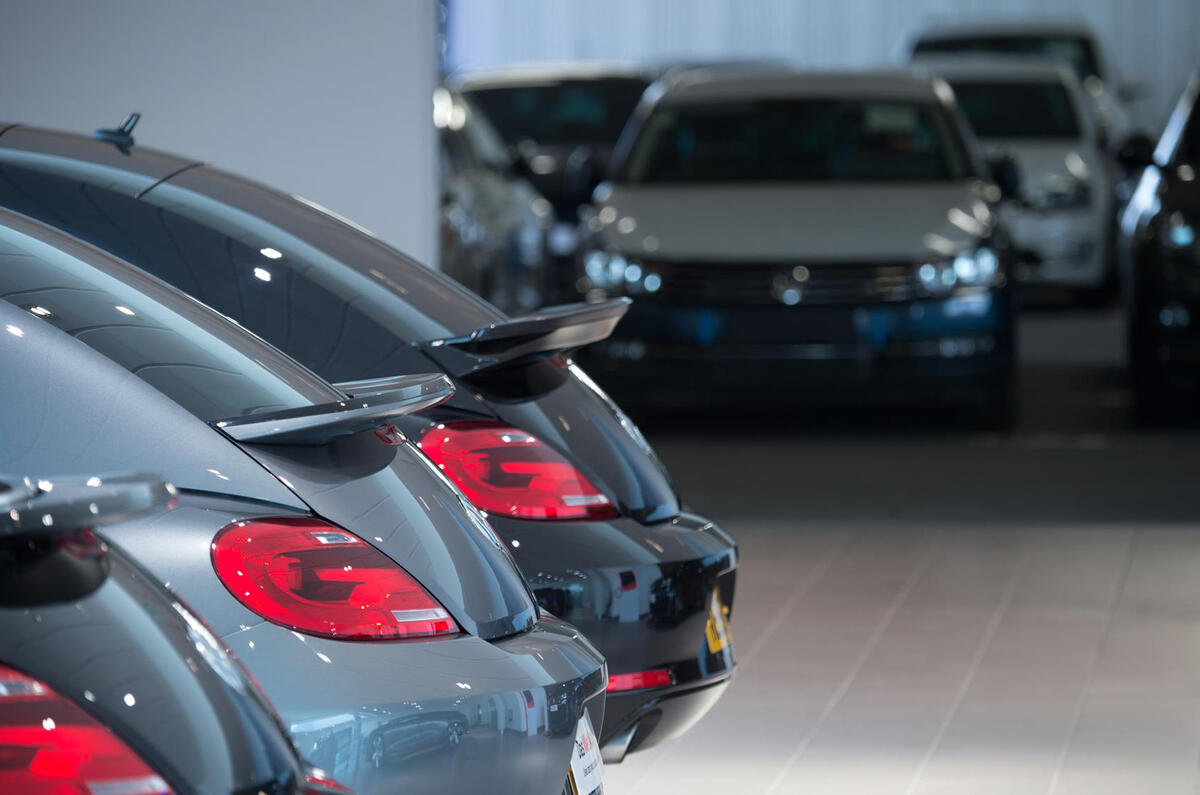The growing trend to purchase cars using personal contracts (PCPs) in the UK is causing the values of certain high selling models to depreciate faster than normal.
Top sellers like the Ford Fiesta and Vauxhall Corsa have been bought in record numbers in recent months, but the vast majority of sales have been processed through PCP deals. Insiders are now claiming that this has saturated the used car market with thousands of nearly new cars of the same few models.
According to the Finance Leasing Association (FLA), consumer-used car purchases increased by 34% between the February 2015 and February 2016, amounting to £4.9 billion worth of sales.
But while big sales figures have given the UK motor industry a reason to celebrate, concerns for tumbling resale values mean many owners wanting to trade in their cars could be offered much less than the recommended resale value.
One spokesman told Autocar that his showroom has an unprecedented number of used Ford Fiestas for sale, with most having come to the end of their PCP terms.
“The cars are going for less than they should because of the market conditions. It’s supply and demand,” he said.
“Even the part exchange values customers are being offered aren’t worth what they expected because of the change in the market,” he added. “It means instead of upgrading their cars, they’re often forced to stick with what they’ve got.”
Our source - who has asked to remain nameless - said that this market trend has not only meant customers are being offered less for their cars, it also means dealers are having to sell cars with increasingly small profit margins.
“On some cars there’s no margin; they’re literally going for what they’re worth. And when you’ve got a business to run, that's a problem.”
Autocar contacted Ford for a response to the claims, and the car maker dismissed the impacts of growing PCP sales, claiming that the issue was a local one, rather than national.
It said Liverpool was one of several areas with a particularly high demand for Ford Fiestas, and accepted that dealers in that region might have to trade some of them on to other areas as it wouldn’t be optimal to sell them locally.
But Ford maintained that this is an issue only felt in certain areas, and that nationally, Fiesta values have been largely unaffected.





Join the debate
Add your comment
PCP is merely the stepping stone...
Endebted Society
The main reason cars are so expensive today is tax. The tax the consumer pays is not part of the actual value of the car, and once you've driven it off the forecourt all that tax money is removed from the value of the car.
So - in order to pay the enormous taxes the dealer offers the customer a PCP - which is a financial product that the customer must pay for on top of the cost of the car - and then they must also pay interest on the amount borrowed.
The car manufacturers then bundle up the debt and sell it to the government to get their operating capitol back.
When you buy a car on a PCP you are effectively paying tax, to pay interest on tax - so you can spend your entire working life paying tax for the privilege of getting from A to B.
PCP works for low mileage